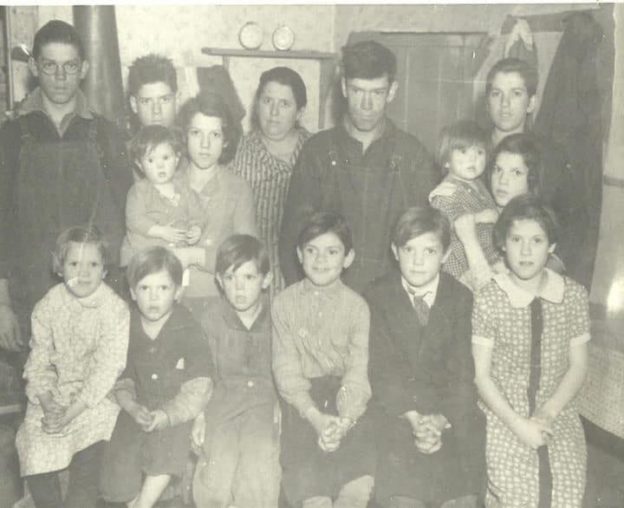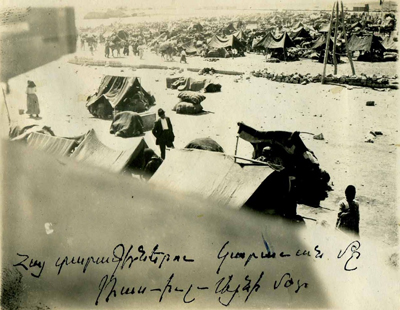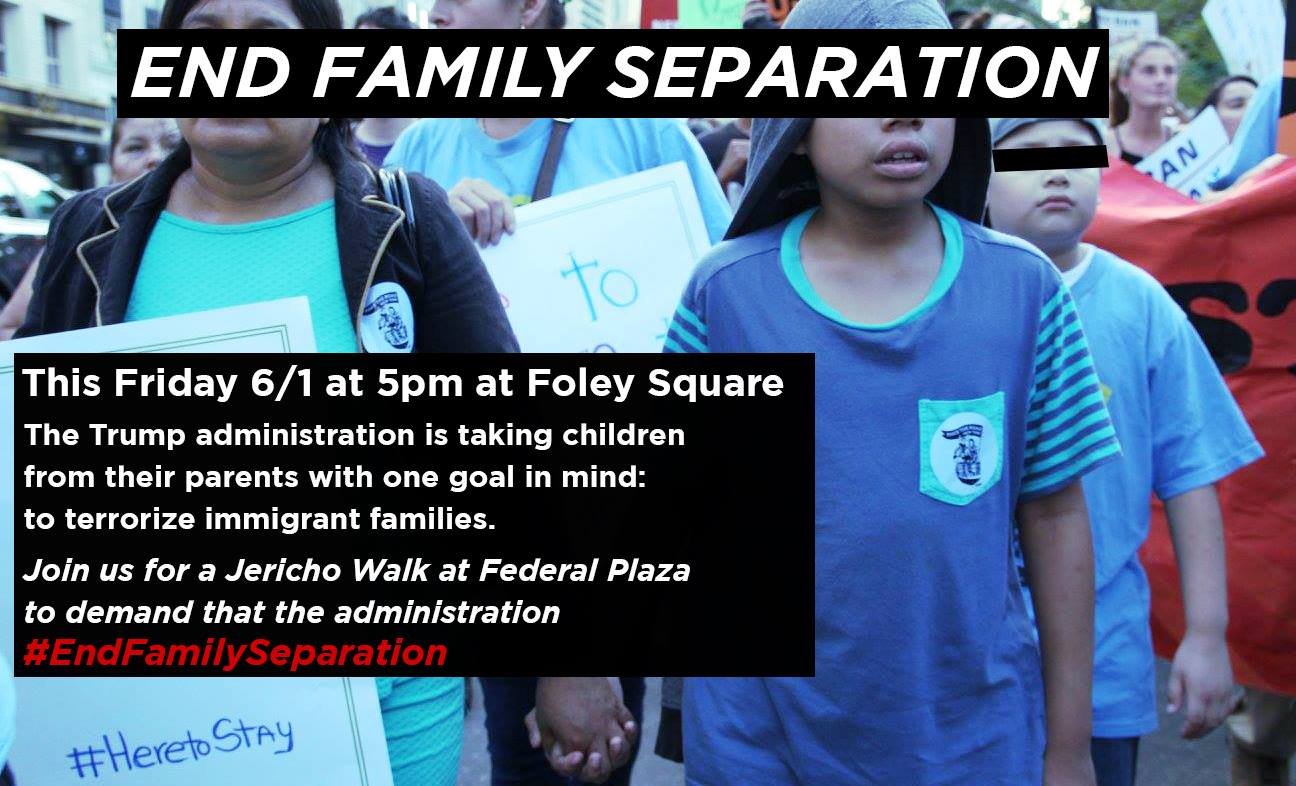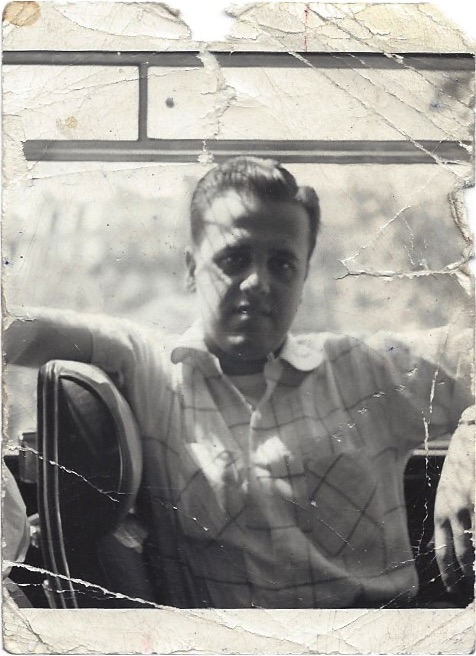Naming the World
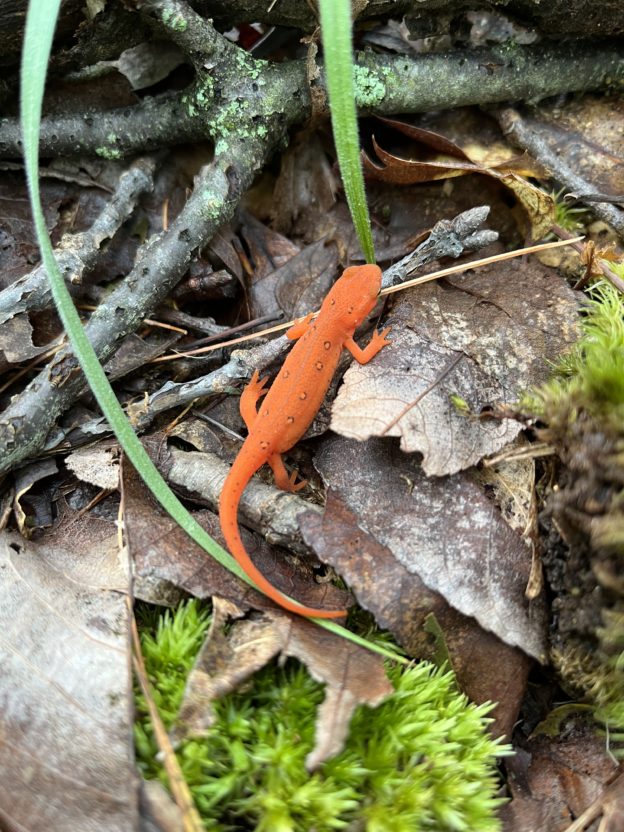
As a child I went to a Pioneer Girls Christian camp starting in the summer after fifth grade through the summer after my senior year in high school. The now defunct New England Camp Cherith was on Lake Bunganut in Alfred, Maine. It was on the camp’s 130 wooded acres that I had my first experiences with hiking and camping and was taught how to build a campfire and to cook a tin foil dinner. When I was a counselor in training, we were required to learn the names of five trees, five wildflowers, five birds, five rocks, and five constellations. In the Nature Cabin, I pored over field guides, and at night the other C.I.T.s and I would lie on our backs on the mown hill staring up at the stars. I had always loved our large yard and garden in Watertown, turning up the marble steppingstones to look at the insects underneath or resting my cheek on the soft moss between the peach tree and the hedge of lilacs. Now I came to love the broader canvas of the camp’s forest, lakeshore, and rolling hills.
When I was a student in Columbia’s Graduate Writing Division in the 1980’s, Arizona poet Richard Shelton, who passed at the end of last year, came to deliver a Master Class. He had a warm and relaxed charm, and he read us a few of his poems that were full of details about the Sonoran Desert. He told us, “If you don’t know the name of a thing, you can’t fully see it.” He described the way that people unfamiliar with the desert would experience it as an empty space, but if you studied it the way he had, learning the names of the plants, the animals, the insects, and even the stones, you would understand its fullness. These words have reverberated in my head for decades now, and when I walk through the forest behind our Columbia County house, I recite the names of what I recognize—the wildflowers, the trees, the birds, and mushrooms. But I feel overwhelmed wondering about the names I don’t yet know for the ferns, the mosses, lichens, and grasses on the forest floor. As the poet Maxine Kumin put it, “Our ground time here will be brief,” and I wish I had begun this concerted study much earlier.
For the conclusion of my Beirut novel (no news yet—I promise as soon as there is anything to tell, I’ll send out a flare), I wrote a folk tale called “The Girl Who Talked with Birds.” I started birdwatching ten years ago as part of the research for this novel, which has avian imagery woven throughout the narrative, but also as an extension of my engagement with the natural world. The protagonist of the folk tale, a girl named Sosi, thinks to herself:
Sosi understood that each living thing had a name, and she wanted to learn what to call each flower, grass, and insect. Her mother knew many of the names, and her grandmother knew even more, but neither of them knew them all. In response to Sosi’s incessant questions, her grandmother said, ‘The Creator made them, and only the Creator knows the name of each and every one.’
Writing a novel is a way of creating a world, and, because of my interest in history and need for historical accuracy, of recreating a world, filling it with people, places, events, sounds, textures, and smells that are at once invented and rooted in lived reality. I want the reader to open the book and to be transported into the world that the characters inhabit. And the more I know about this beautiful, resilient, and fragile planet on which we live and the people and other creatures who roam its precincts, the truer this fictional world can be.
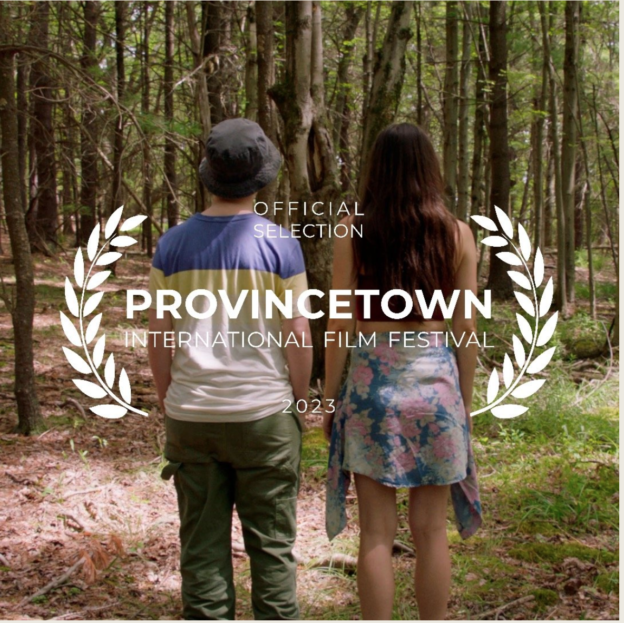
P.S. Our adult child Noah Schamus has a film premiering at the Provincetown Film Festival this weekend. Watch the trailer here. This nuanced, funny, and moving film is mom approved (I’m the mom, of course, but I’m relatively objective, having told Noah in elementary school that they gave the second-best performance in the school production of Romeo and Juliet). I’ll send out news about where you can see Summer Solstice when it’s made more widely available.
Nancy Kricorian
June 14, 2023
